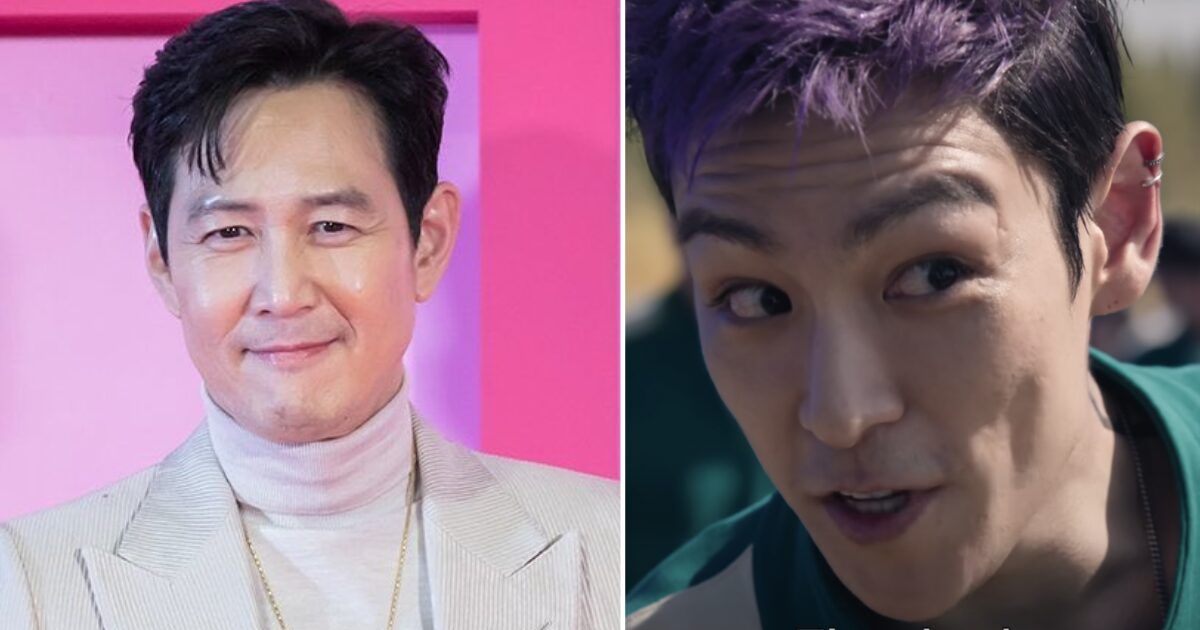In recent years, television has seen a significant shift in viewer preferences. Audiences now gravitate towards healing narratives and personal expression instead of competition. This change reflects a broader cultural movement where relatable themes and emotional resonance are paramount. Shows like "My English Puberty 100 Hours" and "Mom’s Friend’s Son" exemplify this trend. Although their ratings are modest, they resonate deeply by focusing on genuine experiences rather than sensational drama.
Criticism of competitive formats is growing. For instance, the Netflix series "Black and White Chef" faced backlash for its competitive nature. Viewers expressed dissatisfaction, feeling that these elements fostered unnecessary conflict. This sentiment highlights a major change in viewer preferences; audiences are increasingly resistant to traditional conflict-driven narratives. Mixed reactions to the character Jung Nyeon in the drama "Retirement" illustrate this fatigue, as viewers grew weary of the ongoing conflicts surrounding the character.
In contrast, programs like "Excuse Me" have thrived by prioritizing meaningful conversations over sensationalism. This trend suggests that viewers prefer content that offers longer, more meaningful engagement instead of quick, provocative entertainment. The industry has taken note of this shift. Creators and producers now recognize the importance of authentic storytelling. They are focusing on delivering narratives that resonate with viewers on a personal level, moving away from forced drama and conflict.
Participants in these shows reflect this change as well. Individuals like chef Choi HyunSeok from "Black and White Chef" express a desire to showcase their personal values and passions rather than simply competing for victory. This highlights a significant transformation in how contestants approach their roles in reality television.
As the industry adapts to these changing viewer preferences, it becomes clear that the future of television lies in exploring themes of healing, personal expression, and authenticity. The success of healing dramas and non-provocative content serves as a testament to this evolving landscape. Viewers are not just seeking entertainment; they want narratives that truly resonate with their lived experiences.
Key Takeaways:
- Healing narratives are gaining popularity in television.
- Audiences prefer relatable themes and emotional resonance.
- Competitive formats are facing backlash, reflecting viewer fatigue.
- Authentic storytelling is becoming more important in content creation.
Additional Insights:
- The impact of social media influencers on viewer preferences.
- The role of emotional healing stories in shaping modern narratives.
By focusing on healing narratives and personal expression, the television industry is evolving to meet the desires of its audiences. This shift not only enhances viewer experience but also promotes a deeper connection with the content.
This article has been written by Kpopmap AI writer and while we have made efforts to ensure the accuracy of the article, there may be errors or inaccuracies.
 2 days ago
6
2 days ago
6


















 English (US) ·
English (US) ·